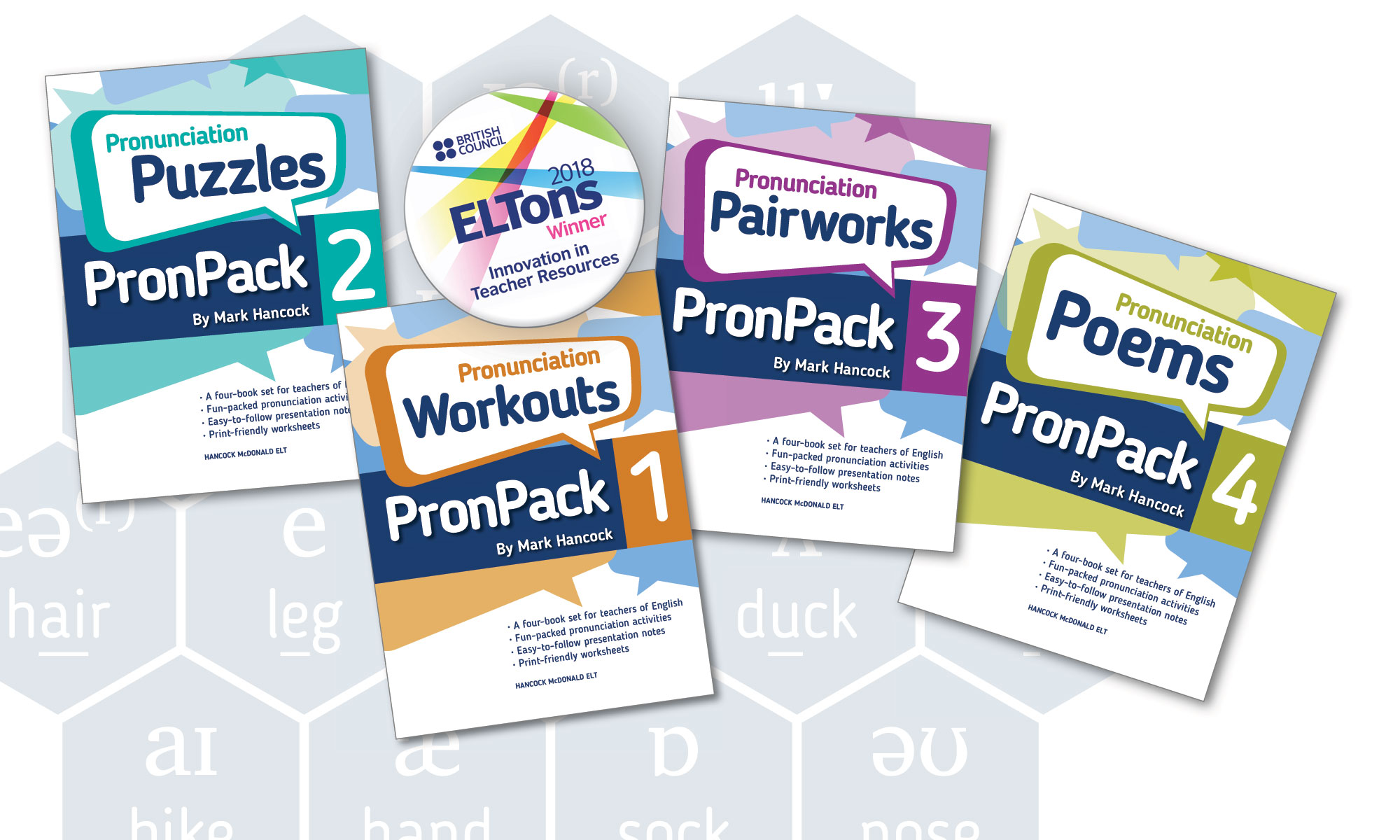
In my first post, article 1 in this series , I suggested that we must take account of the ELF premise – namely, that English is now used as a global lingua franca – when we are thinking about the goals of pronunciation teaching. One broad implication of this premise is suggested by the prism and light metaphor in the image above. The prism represents the ELF premise. In a pre-ELF scenario, our model of pronunciation is like the white beam of light before it enters the prism. It is a single, monolithic model – perhaps RP or General American. The vision is that everybody would learn to speak that way and everybody would come to understand English spoken that way. There was a symmetry therefore between productive and receptive pronunciation.
As the light passes through the prism, we see that it splinters into a rainbow of different colours. Similarly, when we take account of the ELF premise and move into a post-ELF scenario, we must accept that the outcome of pronunciation learning around the globe will be a wide spectrum of differing accents. People simply will not end up speaking one and the same accent even if this were desirable. Providing they are widely intelligible, none of the accents in this spectrum are intrinsically superior or more ‘correct’ than any of the others. We now have an asymmetry between productive and receptive pronunciation. Each speaker will have their own accent (or range of accents) in English, and each in turn must learn to tolerate, receptively, the differing accents of their various interlocutors. This idea is expressed particularly clearly by Hernan Diaz here.
In the above description, I have been talking exclusively about pronunciation in terms of intelligibility. This assumes that all the participants in the communication event are participating in good faith and without prejudice. However, I certainly wouldn’t want to deny the existence of prejudice in the form of accent snobbery. You get some idea of the range of attitudes people have to accents in this video interviewing teachers at IATEFL Brighton. People often attach stigma to certain accents quite irrationally. Accent snobs are not doing anybody any favours – not even to themselves, as the cartoon below shows! However, you need to take account of accent snobbery in teaching pronunciation. If your students are likely to find themselves in contexts where they may be victims of such snobbery (in job interviews, for example), then you would be wise to make them aware of this fact and help them if they want to take steps to avoid the problem. So: Context is paramount! Next post here.


